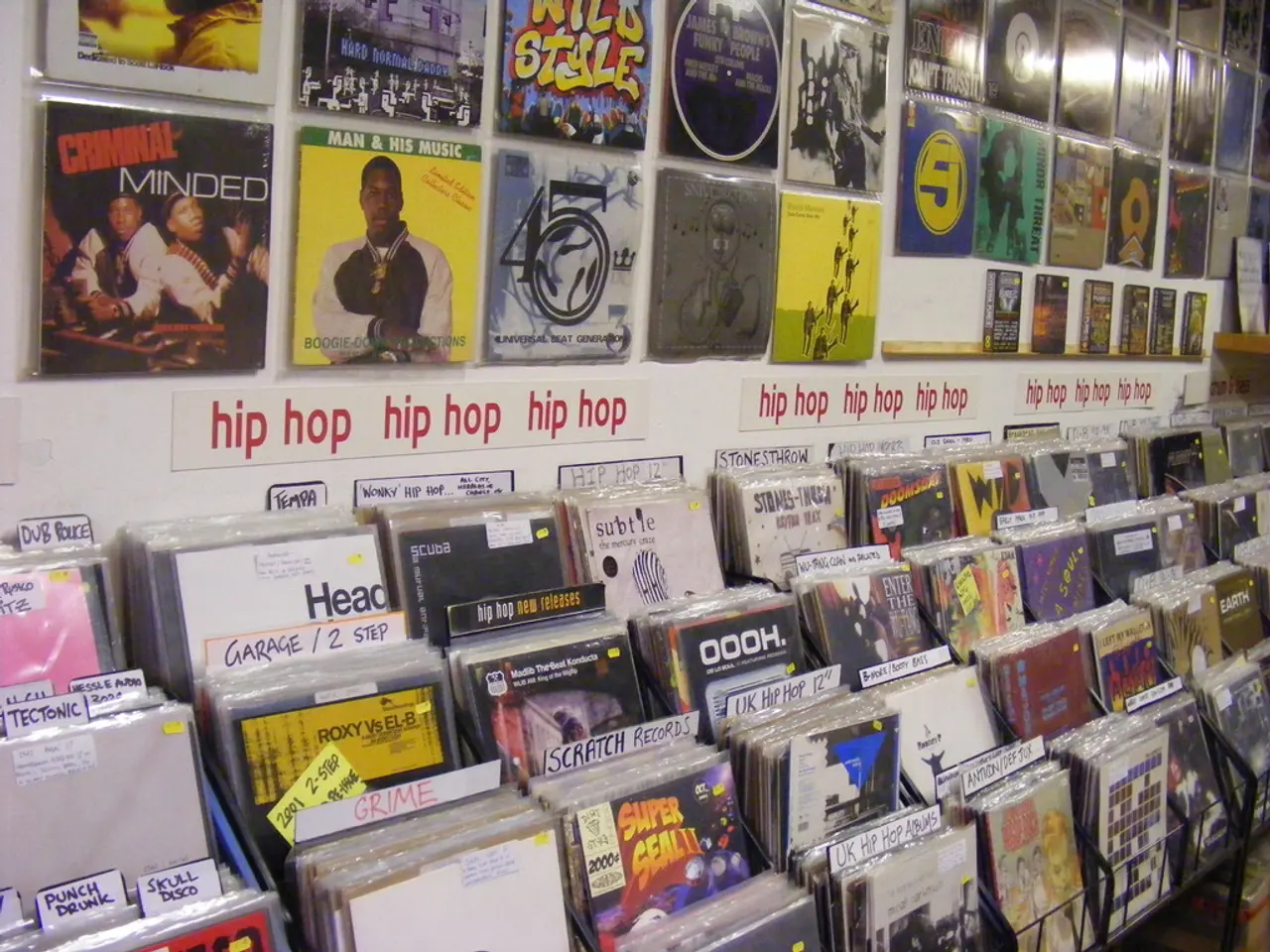AI firm Anthropic sets to dispense $1.5 billion to authors
Anthropic Proposes Record-Breaking Settlement in Copyright Infringement Case
In a significant development for the AI industry, Anthropic, a leading AI firm, has proposed a $1.5 billion settlement to resolve allegations of copyright infringement. The lawsuit was raised by authors themselves, who claim that Anthropic illegally downloaded around 500,000 books and texts from two unspecified online databases to train their AI chatbot, Claude.
The San Francisco case, presided over by a judge, involves a ruling that Anthropic's use of copyrighted texts could potentially fall under the 'fair use' principle. However, the judge concluded that Anthropic knew the databases were illegally created, which could result in penalties of up to $150,000 per book in a trial. The 'fair use' principle, however, did not apply to Anthropic's download of the two pirate libraries.
The plaintiff authors have accepted the proposal, but it needs approval from the San Francisco judge to become effective. The settlement, if approved, would be the largest of its kind in the AI industry. It amounts to approximately $3,000 (around 2,500 Euros) per affected work.
The outcome of the judge's decision on the settlement could set a precedent for future cases involving AI and copyright infringement. The San Francisco case adds to the growing number of lawsuits against the AI industry by copyright holders. Anthropic's offer comes amidst growing concerns over AI companies' use of copyrighted material without permission.
It's important to note that AI programs are fed vast amounts of information to provide meaningful responses to users' queries. This fact is relevant to the ongoing debate about AI and copyright infringement. The San Francisco judge's ruling did not address the fairness of the proposed settlement, nor did it affect the plaintiff authors' acceptance of the proposed settlement. The judge's ruling also did not change the need for the judge's approval for the proposed settlement to become effective.
Claude, one of the most successful competitors to OpenAI's popular chatbot, ChatGPT, was trained using the contested materials. Anthropic aims to prevent a trial where they could be ordered to pay much higher amounts. The settlement is aimed at resolving allegations of copyright infringement against Anthropic.
As the AI industry continues to grow and evolve, so too does the need for clear guidelines on the use of copyrighted material. The Anthropic case serves as a reminder of the potential consequences of using such material without permission. The final decision in this case will undoubtedly have implications for the industry as a whole.








